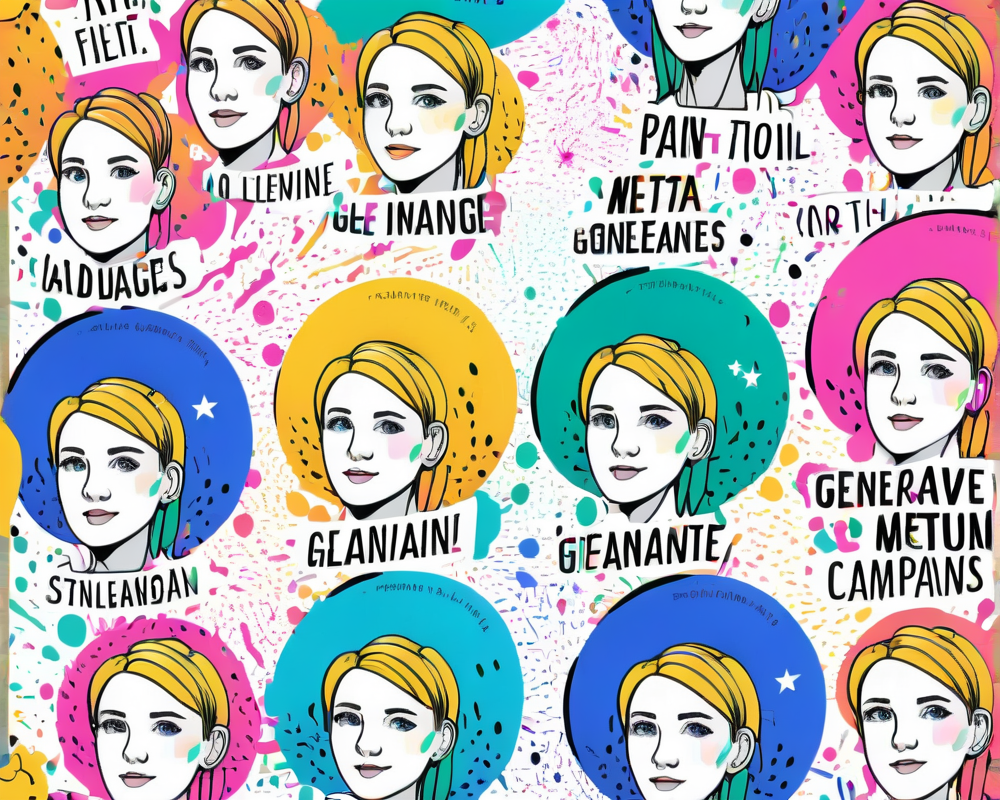Meta’s Restriction on Generative AI for Political Ads
In a surprising move that has left political advertisers scratching their heads, Meta, the parent company of Facebook and Instagram, has restricted the use of its generative artificial intelligence (AI) advertising tools for political campaigns. According to a recent report by Reuters, a spokesperson from the company has confirmed that these powerful tools won’t be available for advertisers dealing with sensitive topics like housing, employment, and politics.
Understanding the Decision
On November 6, 2023, Meta updated its help center to clarify this decision. The company stated that while they are testing out new AI ad creation tools, they want to prevent any potential risks associated with sensitive subjects. Their statement explains that the goal is to implement adequate safeguards for ads in regulated sectors, including health and finance.
Reasons Behind the Ban
The following are key reasons for Meta’s strategy:
- Protecting Sensitive Topics: Ads about housing, employment, and politics can significantly influence public opinion, requiring a delicate approach.
- Understanding Risks: Meta aims to evaluate how AI might be misused before opening the floodgates.
Comparing with Google’s Approach
Meanwhile, Google has taken a somewhat different stance. Earlier this year, they updated their policy to require all verified election advertisers to disclose any use of AI in their campaign ads. Google’s framework explicitly emphasizes transparency, mandating that disclaimers about synthetic content be visible in ads so users are aware of potential inauthenticity.
A Balancing Act
This dichotomy between Meta and Google reflects a broader balancing act between innovation and ethical advertising:
- Google: Requires transparency in using AI.
- Meta: Prefers to play it safe with a full ban on political AI ads.
Regulatory Landscape and AI Bias Concerns
As the 2024 election nears, concerns around AI-generated deep fakes and misinformation are bubbling to the surface. U.S. regulators are considering frameworks to curb the potential misuse of AI in political advertising. From deep fakes to fake news, the stakes have never been higher.
Claims of Political Bias
Additionally, suspicions about AI tools carrying political biases have rocked the industry. For instance, some critics claim that ChatGPT, the widely popular AI chatbot, exhibits a left-leaning bias. Yet, this assertion has been hotly contested within the AI community.
Conclusion: A Cautious Future
As social media platforms navigate the evolving landscape of AI and political advertising, Meta’s cautious approach exemplifies the ongoing debate over how to wield AI responsibly in a charged political climate. While humorously dodging the question of whether AI can feel, we can’t ignore its influence on voter sentiment. Stay tuned, because this political season is going to be anything but ordinary!




